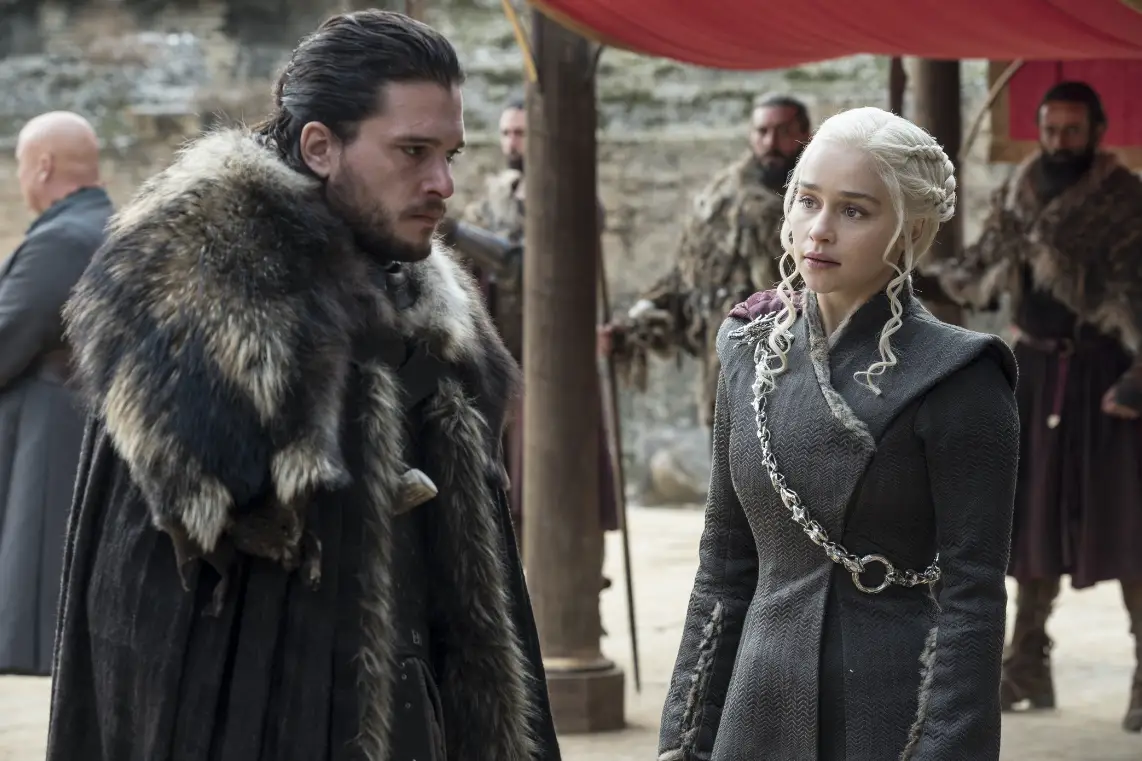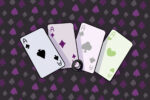Season seven of “Game of Thrones” covered a lot of ground: Daenerys and her crew arrive to Westeros, The Night King and White Walkers cross the wall and Cersei seizes power in the Southern region of Westeros. Cersei has become pregnant with Jaime’s child, Jon and Daenerys have begun a sexual relationship and Viserion is revived by the Night King.
Not only has so much occurred, but the season also changes the tempo of the series; sporadic, intense battles across the season replace tensions that build to an explosive conclusion in the final few episodes. While the excitement has been amped up, the patient, logical pace has been forgotten. For all the narrative landmarks and action, season seven abandons character work and a believable sense of place to propel the series onward.
Pacing Issues
The largest issue of season seven is the jerking progression of time. While earlier episodes of the season did not suffer as much as the later ones, the hurried movement from scene to scene degrades the credulity of the series. The first few seasons were measured and even, which set the pace for the episodes to come. From her forced betrothal to Drogo to her ascension to power, Daenerys seemed desperate and captive, which made her successful conquests of the slaver cities all the more compelling. By the same token, Sansa’s timidity, while essentially hostage, was a sharp look at the interior life of a young noblewoman, relying on the machinations of others. Other examples include the slow growth of the division between Robb and Catelyn, Ned’s discovery of the Baratheon children’s parentage and Jaime’s trials on the Kingsroad with Brienne, all of which gave the characters depth and left audiences eager to find out their fates.
In this season, the development of characters and their arcs happen with less context. The “teleportation,” as many fans have dubbed it, allows the series to hit every narrative strand, but sacrifices the slow burn the series once had. Characters like Jorah Mormont, Melisandre, Beric, Thoros and Sandor disappear and reappear as needed, and while the causes of their movements are plausible, the ease with which they are woven in or out of the story removes the complexity of the overarching narrative. In major roles, the jumping around manifests as inconsistency within characters. A case of this occurs when Jon, whose honor vows and sexual reservations lead him to refuse Ygritte (at first) and later Melisandre, jumps into bed with Daenerys. Tyrion’s excuse that the pair are “young and unmarried” is hard to accept.
The Effects of Death
“Game of Thrones” has never been reluctant to kill a character. House Frey, Tyrell and Tarly (save Samwell) have been eradicated, and a few Sand Snakes, Petyr Baelish, Thoros, Beric and Tormund (ostensibly) have perished. The action of killing can be an act of revenge, test of strength, or shrewd political play, but the removal of a character from the story can leave large holes in the plot. The effect may not have been so obvious in earlier seasons, as the narrative was expanding and growing more intricate, but as the series reaches its finale, the problems are starting to show themselves.
Take, for example, those killed in the Great Sept of Baelor. Margaery Tyrell is inches away from snagging Tommen away from Cersei. She is the model princess— kind, pious and generous— and even a strong political player. The smallfolk favor her, a rare accomplishment for any highborn character on the series, which makes the absence of a reaction to her death mystifying. The only response the audience sees is Cersei’s erotic inhalation of the gust of wind from the explosion of the Sept. It’s surprising that there was no revolt or uprising against Cersei as an effect. The Queen securely reigns Westeros with only her brother, Maester Qyburn, and the Mountain— a spare crew — and gains a sudden ally in Euron Greyjoy.
The Wheel
The series, however, does cling to a few motifs to tell the story. House words have always been spoken, as have adages like “You know nothing, Jon Snow,” “Valar Morghulis,” and “Valar Dohaeris.” Repetition of phrases reinstate their significance and meaning, and for the most part, the writers of the series handle them well. Bran’s echoes of Littlefinger’s phrases, especially at his brief trial, are perfectly eerie. However, in the final episode, there is a shortsighted use of the tool between Sansa and Littlefinger. She repeats his teaching (“Sometimes I like to play a game”) in one episode across her two appearances. The phrases lose all effect because Sansa has not shown any growth or development between the two occasions. It’s meaningless parroting.
We can also talk about Daenerys’ idea of “breaking the wheel,” which represents her desire to not crush the smallfolk when she rules in Westeros. So far, her actions have been in accordance with that, but some of the old ways remain. House Targaryen’s madness is due to incestuous sexual relations, which Daenerys and Jon unwittingly carry out in the finale. Jaime breaks another oath when he departs from King’s Landing in the last few minutes of the finale, bolstering his maverick streak and Cersei is as impetuous as ever, bearing Jaime’s child in spite of Maggy’s prophecies.
Thematic Questions
The lapse in writing, in addition to bending the fabric of Westeros, draws into question some of the core themes of the entire program, those that George R. R. Martin had in mind when writing the show. What is the value of family, and to what extent is revenge against those who have wronged you justified? What is the emotional and societal cost of violence? And, on a basic level, is war immoral? For a network as prestigious and endowed as HBO, you would think that they would have the resources to fulfill the ambitions of this series. However, there’s a lot of work to be done for a logical conclusion for this fantasy epic.

















